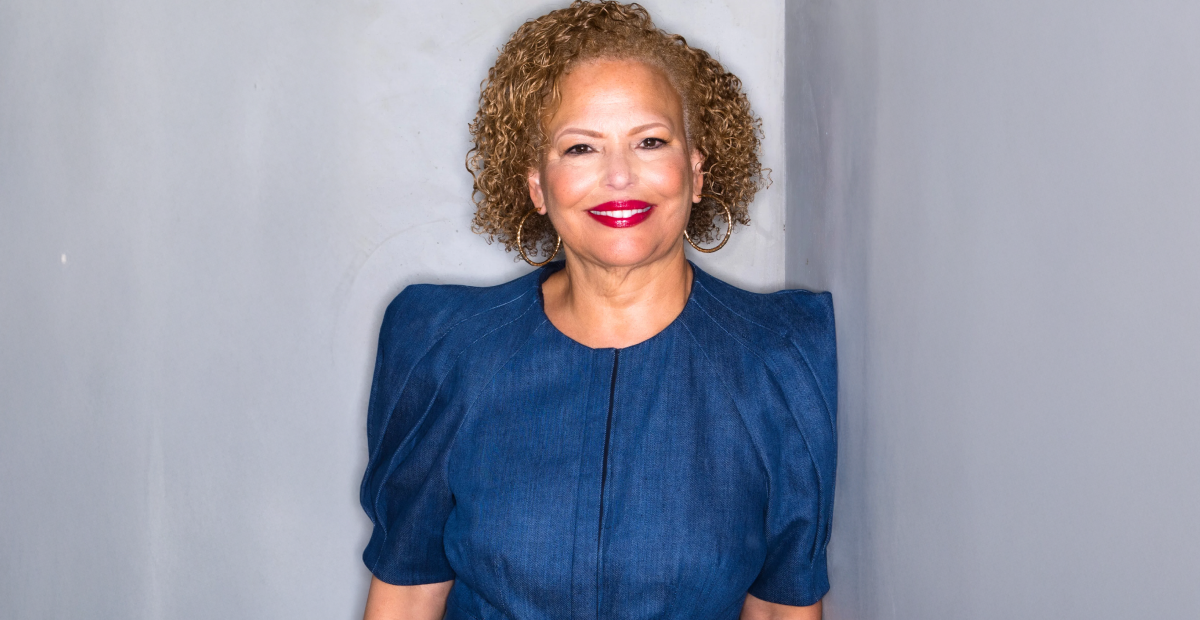Roughly 30% of executives view keeping up with technological advancements as a top organizational challenge, with 52% of leaders saying they plan to ramp up their AI efforts this year, according to Chief’s “The New Era of Leadership” report.
As former executive chairman and CEO of IBM, Ginni Rometty knows all about the pros and cons of implementing new technologies, and how, if done the right way, it can pay off. During her tenure at the tech company, Rometty, who is serving as a judge for Chief’s The New Era of Leadership Awards, reinvented 50% of IBM’s portfolio with a focus on the cloud, DEI, AI, and quantum computing.
Rometty helped push for major change at the Fortune 500 firm, including how it recruited and developed talent, as well as how it approached key business goals. She has a deep understanding of what it takes to be a good executive during times of rapid technological advances, which is why we decided to revisit the best leadership advice she’s shared with Chief over the years. Here are two of our favorite bits of wisdom:
1. Create a learning culture.
In a 2023 conversation with Chief, Rometty explained that in order to drive true innovation at work “you have to have a learning culture.” And, she says, “you’ve got to help people change how work gets done in your company.”
For Rometty, part of that process was prioritizing a skills-first approach to hiring so that IBM could build a more diverse and innovative workforce.
“When I was CEO trying to find cyber talent, I couldn’t find it,” she says. “Then it was serendipity when I walked into a meeting on corporate social responsibility. They're like, ‘Look at this great work that we're doing with a high school and a community college and teaching them things that are applicable. We told them in six years, you get an associate degree, and if we have a job, we'll hire you.’ I’m like, ‘We only hire college graduates but let's give it a try.’ As we kept moving, we found an unbelievable talent pool that was new.”
Rometty emphasizes that IBM was able to attract well-qualified talent that was overlooked because they didn’t have access to the college education that was often required for a job. As a result, she says a lot of IBM jobs were “re-credentialed and many job descriptions were rewritten so that we would hire you for your skill, not just your degree.”
“But, this wasn’t just about new employees,” says Rometty, who along with fellow VIP judge Ken Chenault, serves on the executive committee of OneTen, a coalition committed to upskilling and hiring one million Black individuals by 2030. “As I reflected on how we were re-skilling, all IBMers were growing new skills. So this is a culture where it’s skills-first for everybody.”
2. Technology is still about people.
Now, with the rise of Chat GPT and other AI features, it’s no surprise that the technology is currently top of mind for many executives. But advances in AI are only as good as the people who utilize them, , Rometty says. Not only do leaders need to upskill their employees to ensure they know how to properly use the technology, they also need to make sure they’re hiring people who can be trusted to employ it ethically.
“When people say, ‘Well, what is the biggest challenge of this technology?’ I'm like, it's not the technology. It's people,” she says. “I can remember talking about AI ethics and talking about principles of trust and transparency 10 years ago, five years ago. I'm like, ‘Wow, this is not going over great. No one's really paying attention.’
Similar to other tech advancements over the last few decades (think social media), Rometty says it’s important for leaders to keep in mind the pros and cons of AI, including the built-in human biases, and set clear parameters around how they want to implement it at work.
“The technology just reflects the humanity that created it,” she says. “So, understand who trained it, or if you're training someone else, are they using your data and getting your secrets? Building trust in the technology is why I think it's been so difficult the last 10 years to see real progress.”
But, despite all the risks of AI, Rometty says, “I'm a believer that it has a great upside.”
“I have always believed it will change every job for the better,” she says. “It'll make each of us better, but it will really matter how you implement it.”



